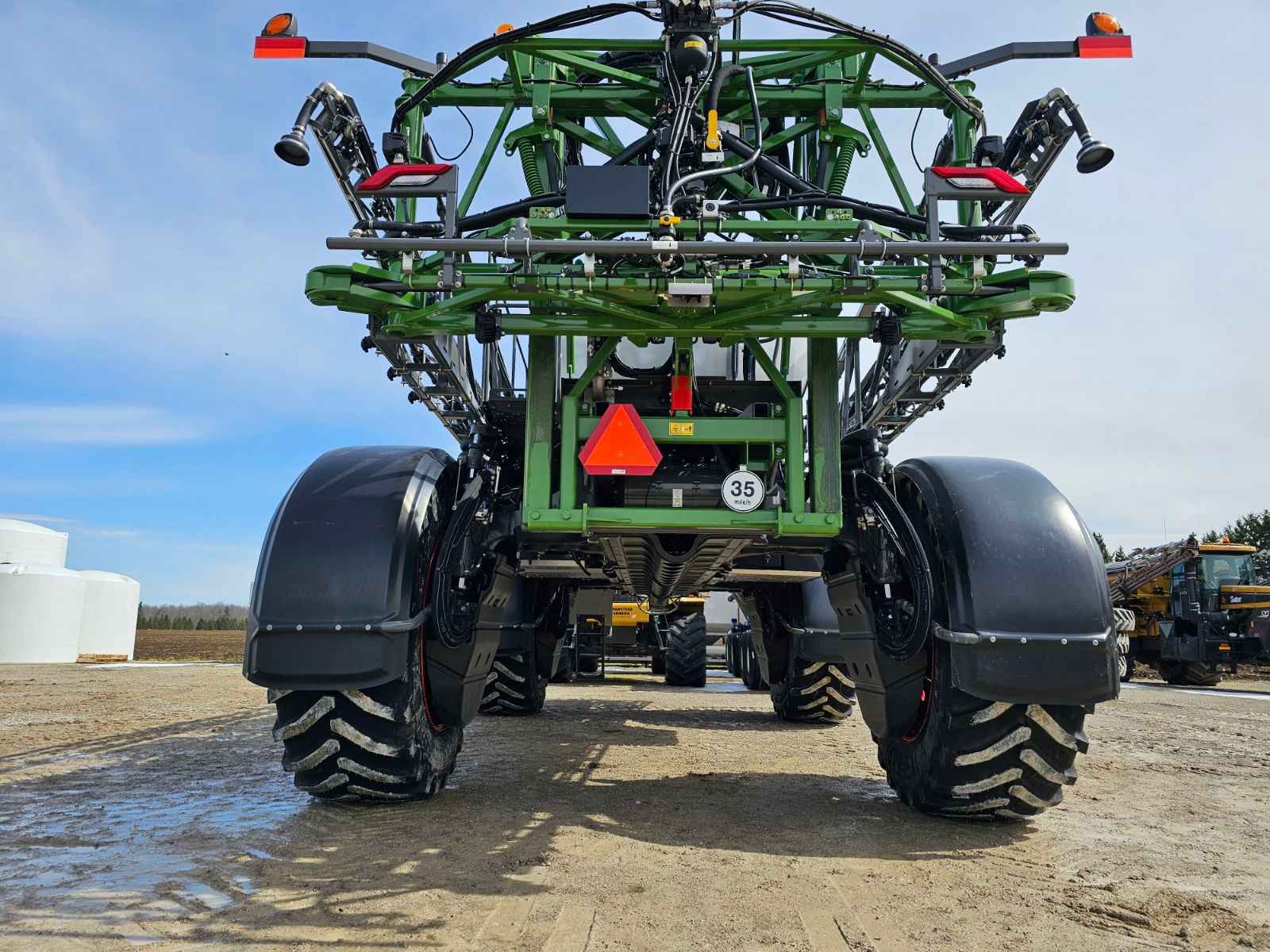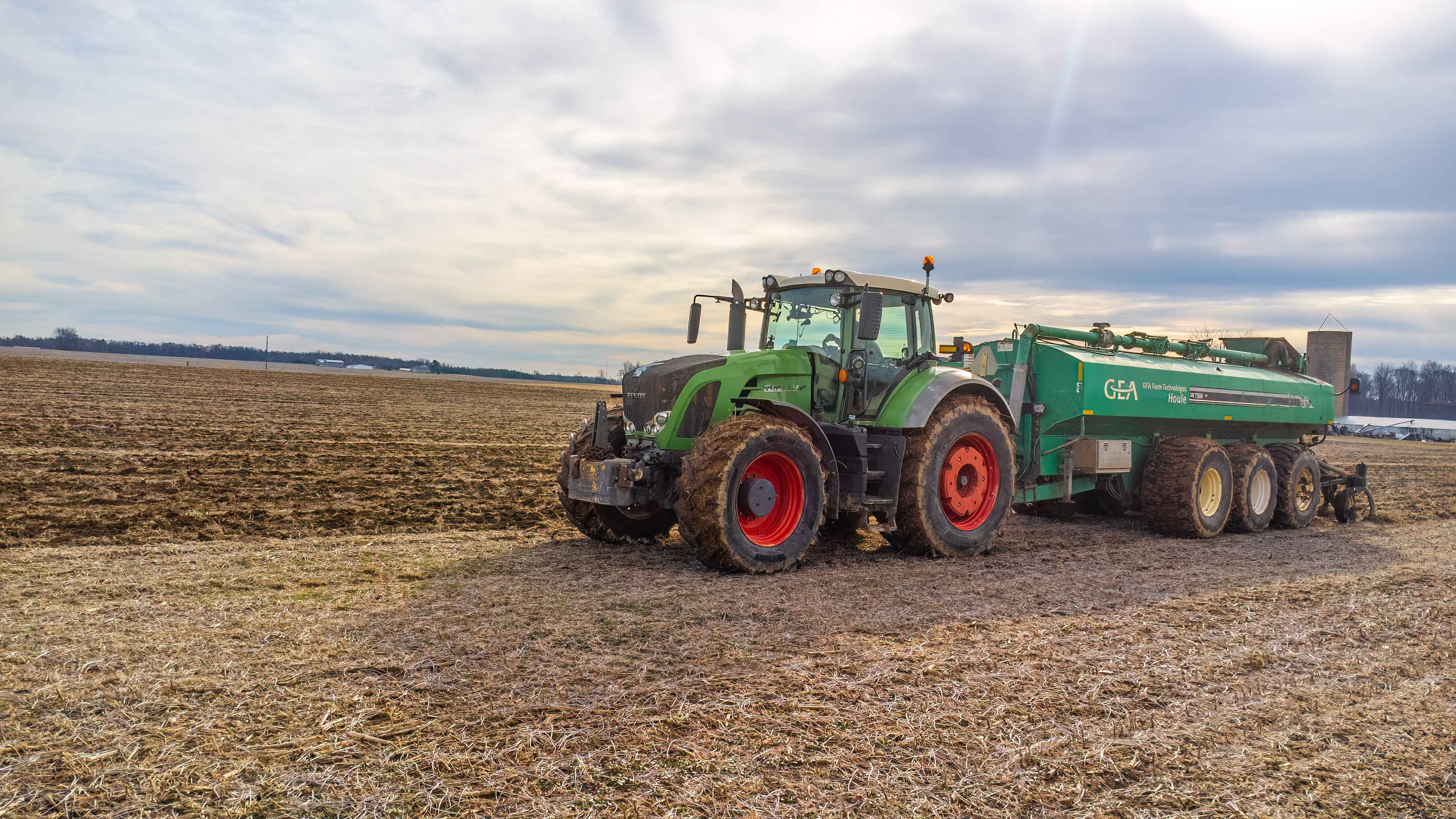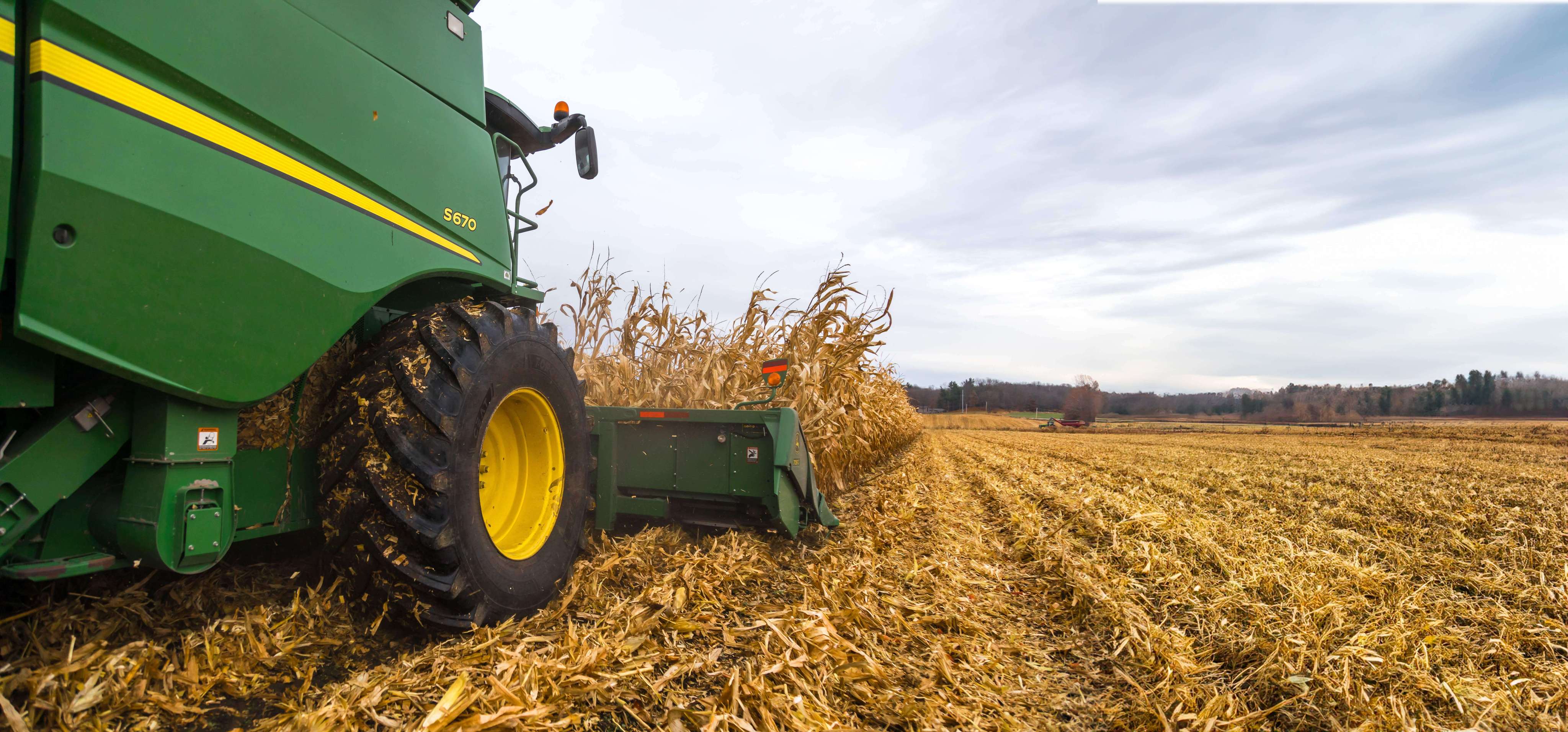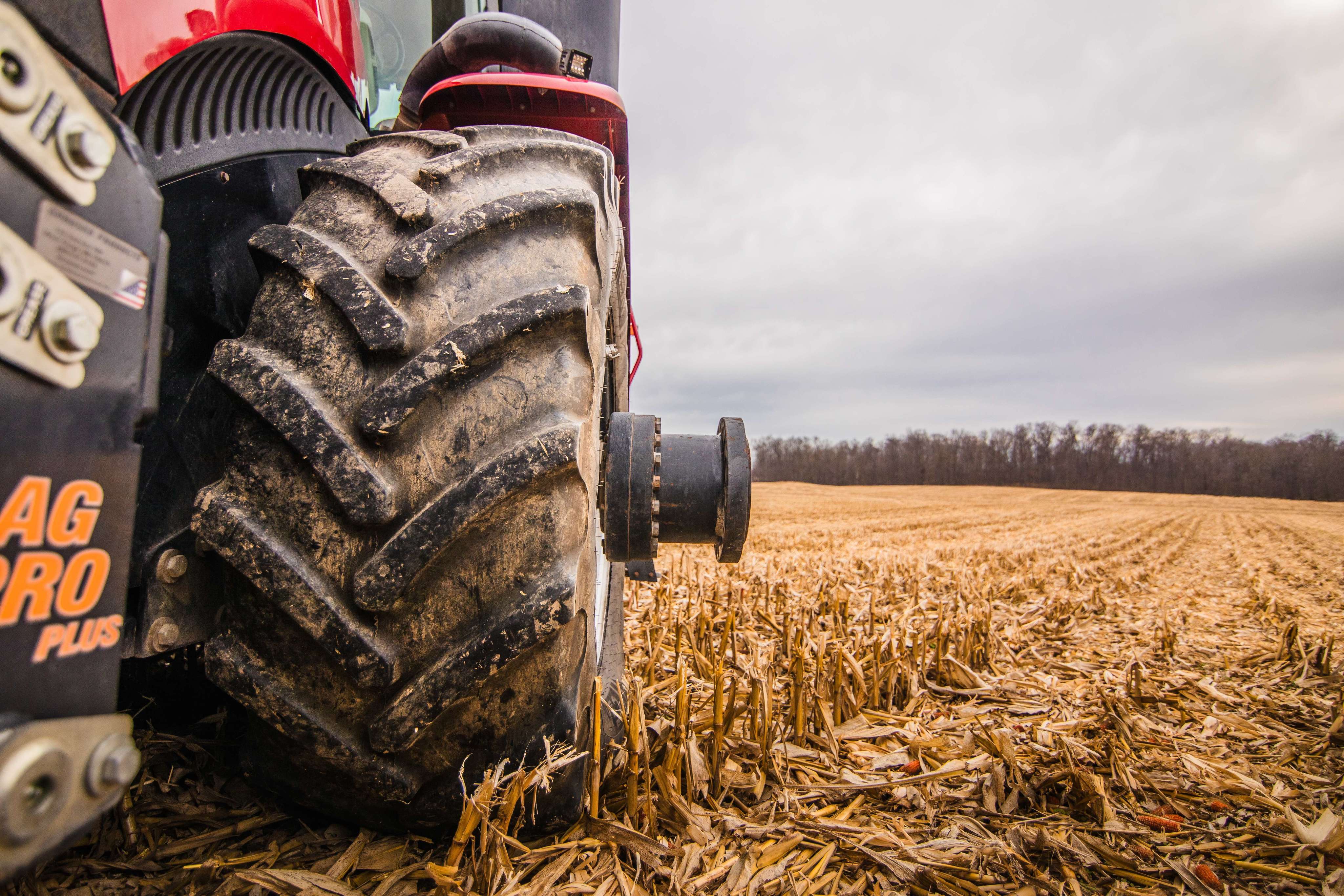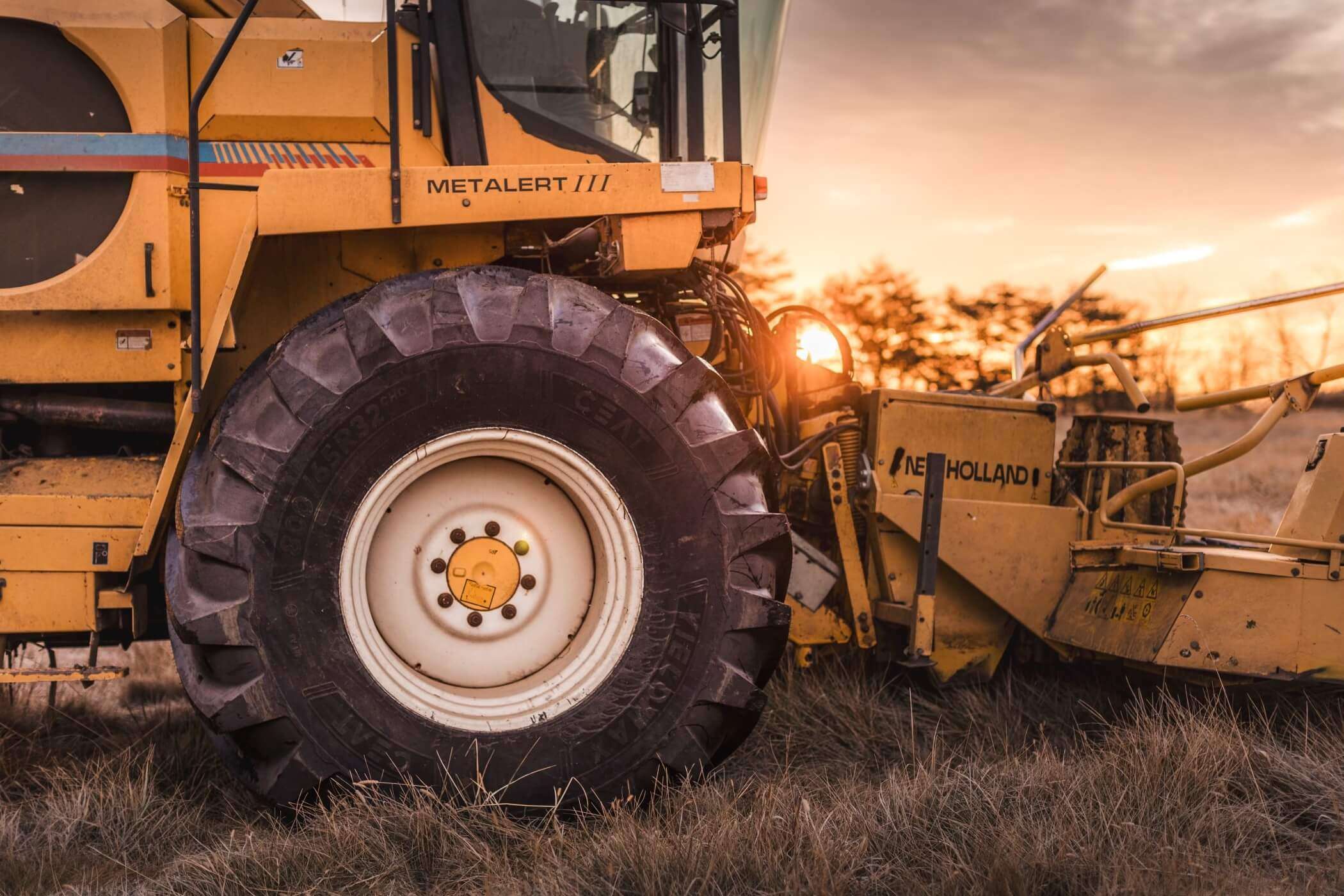ceat-speciality:blogs-tags/all,ceat-speciality:blogs-tags/tire-advice
Maximizing the Lifespan of Your Tractor Tires: Maintenance Tips and Best Practices
Sun, 30 Apr 2023 | PRODUCTS
Taking care of your farm tractor tires will make them last longer, and longer lasting tires will certainly reduce your farm operating costs.
This means checking the air pressure often. A tire operating outside of the specified inflation range is a problem waiting to happen. Your tractor’s tire pressure can have a large effect on tread life, not to mention pulling power, traction, ride quality, and soil compaction. It is estimated that a tire under inflated by just 10% below the recommended levels can reduce your tire life by as much as 15%.
The tire pressure supports the structural integrity of the tire. If the tire is not properly inflated, the tire can become degraded and its life shortened. Another consequence of an under-inflated tire is bead slip, which occurs when the bead of the tire slips against the tire’s rim — creating a tremendous amount of heat that ultimately destroys the tire.
So how do you get it right? Inflate to the air pressure that is appropriate for the most demanding application for each tire. This critical information is contained in the tire manufacturer’s data book. The load and inflation tables show the speed range, inflation range and the load range for each tire. Your tire dealer can also give valuable guidance.
To maximize the lifespan of your tractor tires, it is important to inspect your tires on a regular basis. Look for abnormalities in the tread pattern and sidewall, such as bulges cracks and tears. Also, if you see signs of irregular wear in the tread, this could mean the tire is not being used properly for the application (most often is under inflated) or there is an issue with the equipment. Either way, detecting irregular wear early will help you correct the problem and obtain optimum tire life.
Properly storing your farm tires over the winter or when they are not in use will extend their life. The first step is to clean them before storage.
Tractor tires typically accumulate brake dust, road grime, and dirt. This gunk can be harmful to the tire if it is allowed to stay on for extended periods of time. Use soap, water and a good tire brush. Then wipe the tires down completely and allow them to air dry.
Do not speed! Farm tractor tires are spending more and more time on the road these days as farmers work tracts that are more spread out. Most farm tires have a maximum speed rating of 25 miles per hour or less. When drivers go faster than their recommended speeds, they generate an excessive amount of heat in the tires. This heat breaks down the rubber in the tires, separating interior liners and belts and reducing the tire’s lifespan.
For a longer lasting and better performing tractor tire, choose a high-quality farm tractor tire from a brand such as CEAT. You can find tractor tires at less cost than CEAT, but you would be hard pressed to find an Ag tire brand that delivers more value than CEAT, as measured in terms of performance versus price. Buying the lowest priced tractor tire will likely cost you more in the long-term.
There are always so many chores on the farm and finite time, but taking the time to properly maintain your tractor tires will greatly maximize their life span and, thereby, reduce your farm operating costs.





